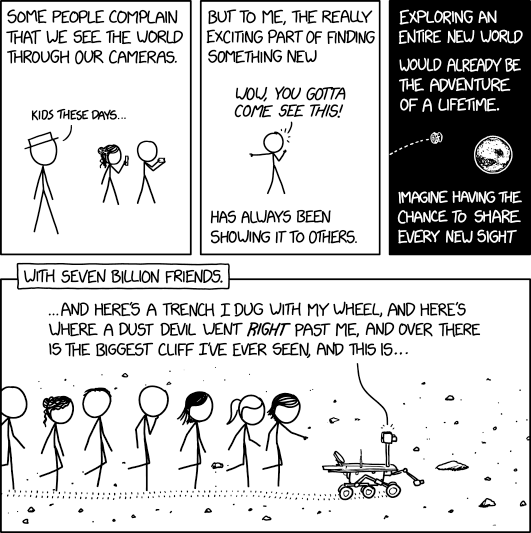I love two things about this post. First, it shows how Rogue Amoeba started with a proof of concept (“minimum viable product” or MVP in software speak), found that software to be valuable to the market, and then went in and significantly improved the product. And second, I love the design iterations and design thinking. Well done.
When we shipped the first version of our audio routing tool Loopback in early 2016, its powerful technology was packaged into a somewhat stripped-down interface. Because we were uncertain how large the market for this tool would be, we chose not to devote too much time to the front-end of that initial release.
By Loopback’s first birthday, it was clearly a hit with audio professionals and hobbyists alike. We knew it was time to begin planning how to flesh out the skeletal Loopback 1 into a much more refined version 2.

